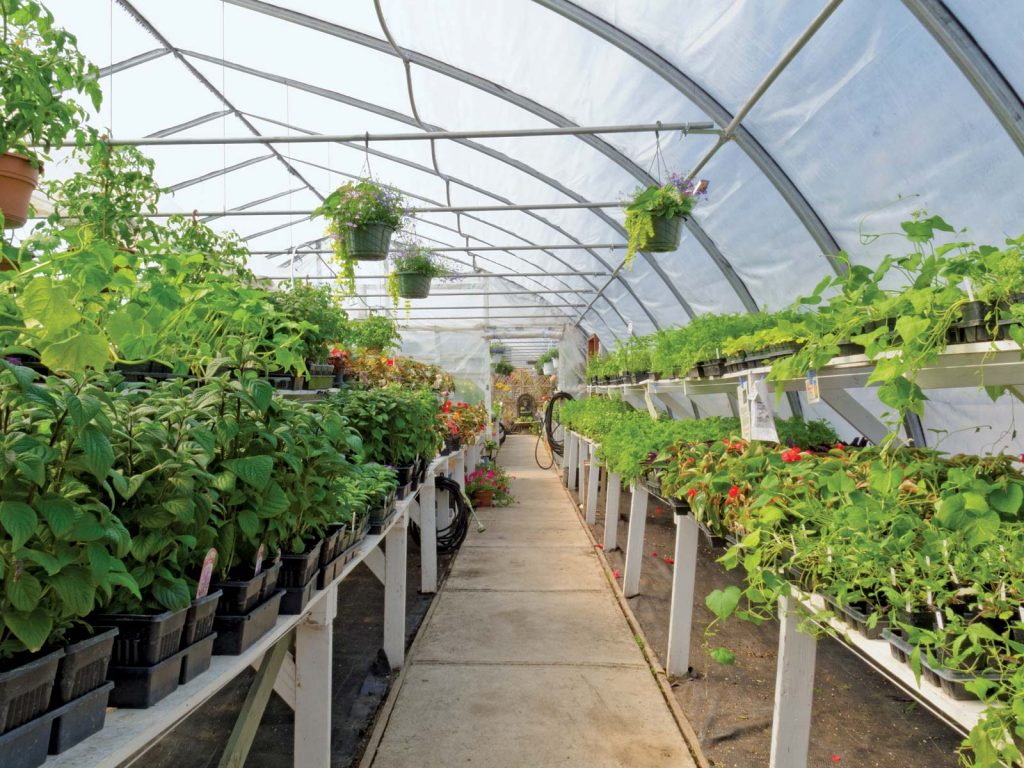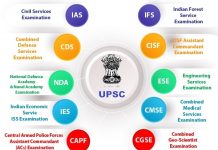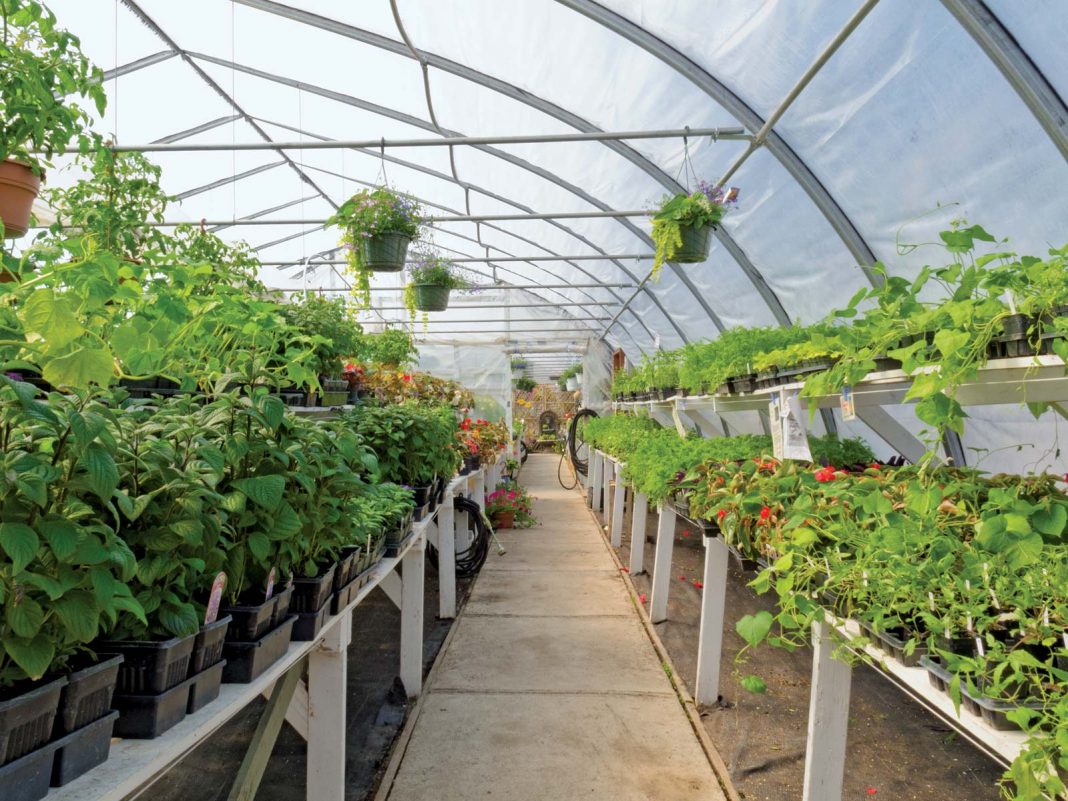The expression horticulture taken from Latin word Hortus that means “garden” and word Cultus means “cultivation”.
The Future of Horticulture is considered after agriculture. It not only includes the cultivation of plants but also includes plant conservation, land restoration, landscape and garden design, construction, and upholding and arboriculture.

Who is Horticulturist?
A horticulturist is a human being who uses his skills and understanding in the manufacture of plants. The chief aim of horticulturist is to get improved in the plant development, quality, nutritional value, yields and resistance to insects, diseases, and environmental stresses. He is also involved in the research work comprise of research on plants to make new generations.
Horticulture is the branch of Agricultural Science and can basically be defined as the art, technology, business, education and science of plants. As of today, horticulture is one of the fastest-growing sectors in agriculture and the demand for horticulturists is growing day by day. And, in our country, there are a variety of top-notch colleges and universities offering specialized programme for the same.
In India or rather worldwide, COVID-19 pandemic has changed the viewpoint of people towards nature. They want to contribute in creating a healthy, greener and an improved environment for themselves and all the humankind at great. Currently, India is subsequently to China in area and manufacture of vegetables & fruits crops, producing 10 % of fruits and 14 % vegetables of the world production.
Courses and Eligibility Criteria
What are the scholastic requirements to become a horticulturist?
Numerous courses are accessible in the discipline of horticulture. You can start your career in horticulture after finishing intermediate/12th level schooling.
For diploma degree in agriculture (above mentioned) qualification is necessary. To get admission to Masters in horticulture (PG) you should seize a bachelor’s (UG) degree and for Ph.D programmes, you must have PG or masters degree in the significant field. For admissions in Ph.D programmes, different universities conduct their individual entrance exams.
Bachelor’s Courses (UG):
B.Sc in Horticulture – 3 years
B.Tech in Horticulture – 4 years
Master’s Courses (PG):
M.Sc in Horticulture – 2 years
Postgraduate (PG) Diploma in Horticulture and Landscape Gardening – 1 year
M.Sc. Agriculture – Floriculture and Landscaping – 2 years
For admission to PG courses, you are requisite to pass the bachelor’s (UG) degree in the related discipline with minimum 60% aggregated marks.
Admission Method
Students will be qualified for admission after passing 12th class with science stream. The admission criteria and process differ from institutions to institutions. Several colleges/Universities conduct their individual entrance exam for admission while some of them provide admission through entrance exam such as ICAR AIEEA 2021 which is conducted by ICAR.
Given below are the various institutions/Universities who propose different courses in Horticulture:
- Annamalai University
- College of Agriculture, Pune
- Gujarat Agricultural University, Anand
- College of Horticulture, Kerala
- University of Agricultural Sciences, Bangalore
- Kerala Agricultural University
- Acharya N.G. Ranga Agricultural University
- Tamil Nadu Agricultural University, Coimbatore
- Aligarh Muslim University, Aligarh
Branches of Horticulture
Being such an enormous subject, this ground is divided into three main branches that are given below –
Olericulture: It is the science of rising vegetables, processing, storing, and marketing plants for food. Here, food is recognized as vegetables that are typically annual, non-woody plants from which one harvests a crop. The person practicing in this particular branch is known as an Olericulturist.
Floriculture: It is the cultivation of flowers. It is the sub-branch of ornamental horticulture, concerned with increasing and marketing flowers. The people connected with this field are known as floriculturists.
Pomiculture or Pomology: It is the science of producing and advertising seed-bearing fruit that grows on woody perennial plants such as trees, bushes and vines. The person who practices in this particular field is known as Pomologist.
Salary
An average salary of horticulturist is about $40,370 annually. The numbers of your salary will entirely depend upon your area of specialization, location, level of education, and many more factors. As a fresher, you can earn 1.9 to 2.7 lacs annually. After gaining experience, you will get the increment in your salary.
District Horticulture Officers of this field receives an annual salary of 3,00,500 lacs.
Books & Study Materials
Given below are some books that help you in the study of horticulture:
- Introductory Horticulture written by H. Edward Reiley, Carroll L. Shry, JR.
- The Fundamentals of Horticulture written by Chris Bird
- Control of Crop Diseases written by W.R. Carlile
- Applied Principles of Horticultural Science written by L.V. Brown
- Handbook of Horticulture written by K.L. Chadha
- Seed Storage of Horticulture Crops written by S.D. Doijode
- Instant Horticulture written by S.N. Gupta, K.B. Naik
- Principles of Horticulture written by C.R. Adams, K.M. Bamford & M.P. Early
Advancement of Horticulture
The production of food grains has witnessed an evidence rush, as for 2021-22, total Food grain manufacture in the country is estimated at record 303.35 million tonnes which is advanced by 5.85 million tonnes than the production of food grain of 297.55 million tonnes achieved during 2020-21 (as per Ministry of Agriculture and Farmers Welfare). One can effortlessly say that India is self-sufficient in food grain manufacture.
Currently, there is a huge demand for advancements in which our country has huge potential. There are countless concepts that are being enclosed under the name of Horticulture namely – monoculture, the concept of Permaculture to name a few. Apart from degree programmes, there are a lot of groups wherein students from all walks of life are enthusiastically participating to widen awareness about the field.
Jobs & Career Scope
There are plentiful of opportunities and career path in the field of horticulture. Numerous options are accessible for under graduates (UG) of horticulture.
Well-paid jobs are accessible in both public and private region.
You can concern for the District Horticulture Officer (DHO)/ District Agriculture Officer (DAO) through the exam conducted by State Public Service Commission (SPSC). In addition to this, you can also apply for the position of Technical Assistant / Technical Officers in Agricultural Universities such as ICAR, DRDO, IARI, & CSIR.
They can also work as a designer or contractor for landscaping projects or work in the companies dealing with sprays, seeds, fertilizers, and other associated fields of horticulture.
A horticulturist can also opt his/her career in the education area as a professor.
Those holding PhD degree can be relevant for the exam conducted by the Agriculture Scientist Recruitment Board, ICAR, New Delhi. This exam is conducted for the post of the scientist.
Also read : MBBS
Job Profiles:
- Gardener
- Foreman
- Professor
- Scientist
- Project Manager
- Horticulturist
- Horticultural Education Supervisor
- Assistant Manager Human Resources
Work Sectors
In the ground of Horticulture, many job opportunities are accessible for undergraduates. Given below are some of the working areas:
- Teaching
- Research Area
- Farming
- Projects
- Field Work
- Sales & Marketing
- Irrigation Department
Top Recruiters
- Casa Verde Growers
- Green Decor
- Sun Valley Landscaping
- Interior Plantscapes
- SHORB Landscaping
- ER&M ecological restoration and management
- Greater Texas Landscape Services
- IFFCO KISAN SANCHAR LIMITED
Scope of Horticulture
Scope & dealing in horticulture are rising day by day. Floriculture is a chief part of horticulture which is a procedure of cultivation of flowering which is used as a raw material in manufacture perfumes and cosmetics in the pharmaceutical industry. Growing vegetables is a most important part of horticulture, which is very much in demand in India.
There are numerous of job opportunities that are accessible after achievement of this study. After this one can turn out to be a horticulturist, floriculturist, pomologist, and many more. In this ground, one can too become a scientist in research and development studies. Under this course, you can discover jobs in productions and sales, research & development, public gardens, marketing, agricultural engineering, landscape design, pest management, and many more.
For more information visit : Education In India






































[…] Horticulture […]
[…] A branch of law that compacts with the topics that are connected to the Internet. The extensive use of the internet in every feature of our lives has made our life easy but ease comes at a risk. The rise of criminal doings has led to the creation of the separate legal domain that deals with the deterrence of cybercrimes like phishing, hacking, illegal data collection, harassment, threats and other scams that are committed using the Internet as a average. Cybercrimes can be broadly confidential into three broad groups which comprise crimes against people, crimes against property and crimes alongside the government. To keep the cyberspace safe for the use of masses, Cyber Law has arose as a specialization or an allowance of the normal law degree. also check Horticulture […]